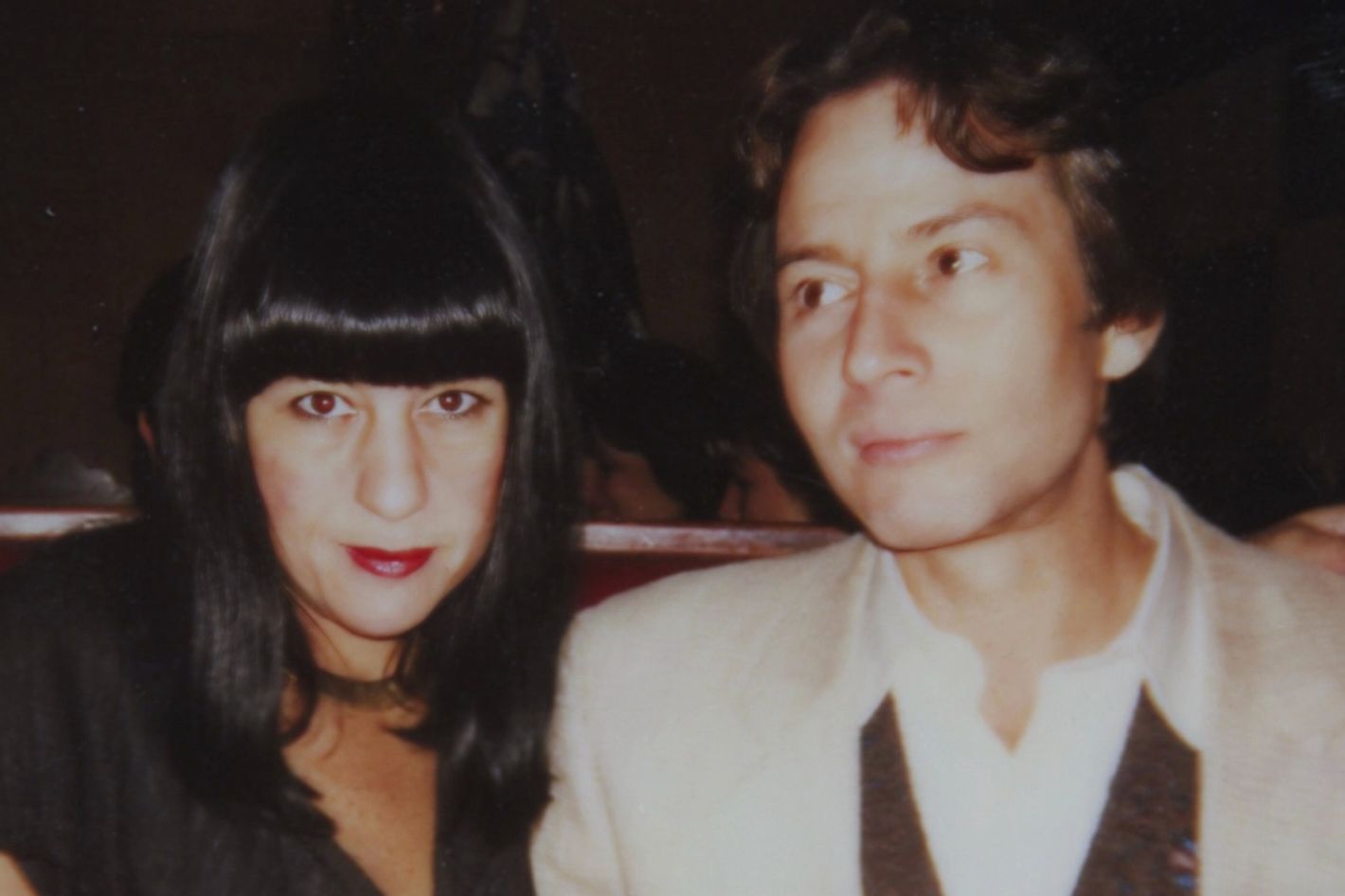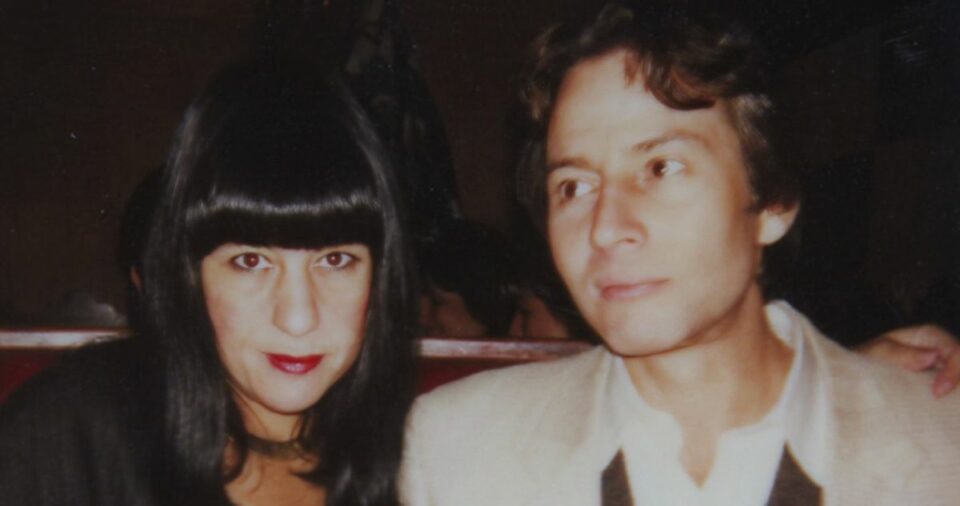[ad_1]

“Was there any crime that Bob could have committed that would have offended you enough to make you leave him?”
It sounds like a rhetorical question, the sort that would get a quick and sustained objection in a courtroom. But when a lawyer representing the McCormack family poses it to Debrah Charatan, Robert Durst’s second wife and the inheritor of his estate, during a deposition, it’s perfectly fair game, drawing an equally astonishing answer from Charatan: “I don’t know.” At this point in time, with Durst dead and the McCormacks seeking compensation in a wrongful-death suit against Durst’s estate, Charatan reluctantly acknowledges that she “accepts” the jury’s verdict that her late husband killed Susan Berman, and she surely knows that he killed Kathie McCormack, too, and that his “self-defense” argument in the Morris Black case is bunk. A truly honest answer would be “no,” she would not have left him under any circumstances, but “I don’t know” gets most of the way there.
This second season of The Jinx was never going to have the pop of the first, when Durst was coaxed into actively participating in his own nationally televised demise. That kind of drama could not be reproduced. Yet after a first episode that seemed driven as much by Andrew Jarecki’s vanity as any discernible purpose, the season has proven to be more than mere postscript. This superb finale episode makes it clear that season two has not been about Robert Durst at all so much as the people who enabled his psychopathy for decades and a culture that indulges the rich and powerful. “It Takes a Village” is a fittingly pungent title for the episode and a good summation of the season on the whole. Not a single person in Durst’s sphere seemed to believe he was innocent, and yet he was free for such a large part of his life that even his lone conviction wasn’t established enough to survive his death.
In those few months after the Susan Berman trial, however, Durst did get to experience the limits of his supporters’ “loyalty.” After the sentencing hearing, Charles Bagli says, “Bob is kind of on his own. His friends knew they had already put themselves in jeopardy, so he was on his own at that point.” But Bagli only seems to be partially correct here. Durst was alone, but the concern among his friends didn’t seem to be legal jeopardy so much as a sudden divorce from his money. It was rarely Durst’s winning personality that won him support, but his ability to write checks from a nine-figure bank account, whether it was for a Stewart Altman’s new car (“I think Stewart wants the cheap Lexus,” Charatan assures Durst) or for recharging his wife’s real-estate business. When the money’s gone, all that’s left is a desiccated old demon who definitely killed three people. Visiting hours were over.
Though there are meaningful cameos from across Durst world, including immediate family members, the primary target of scrutiny is Charatan, who inherited Durst’s estate and has been active in trying to protect tens of millions from exposure to the McCormacks’ lawsuit. As Jarecki cuts back and forth into snippets of Charatan’s disposition, which is every bit as shameful and shameless as you might expect, he gets into how she became part of Durst’s life and what the nature of her “loyalty” actually entailed. As Bagli tells it, Charatan met Durst at a charity event in 1987 during a difficult time when she was getting divorced and her all-female real-estate firm was in turmoil. That turmoil, as former employee Jennifer Cherney points out, was that Charatan had decided to stop paying commissions to her agents and then filed for bankruptcy after they filed lawsuits against the company.
The romance between Charatan and Durst was as transactional as it gets: She wanted access to his money, and he needed someone to keep his secrets. After the two finally decided to get married on December 11, 2000, journalist Lisa DePaulo notes, Durst bought a one-way ticket to California the next time to kill Susan Berman, who’d been his previous confidant. The amazing gamble that Charatan appears to have taken is that Durst would not eventually kill her, too, if he ever suspected that she no longer supported him. As Cherney jokes about their union, “Someone says to you, ‘Hey, I know this great guy. You can inherit hundreds of millions of dollars. There’s just one little thing: His first wife disappeared, and they think he might have killed her.’ I don’t know many women that would say, ‘Eh, I don’t mind. Fix me up.’”
One of the funniest revelations in last week’s episode is learning that Durst’s own lawyers didn’t even bother to share the verdict with him before skipping town with the $12 million he paid them to mount a half-assed defense. Jarecki reveals that Charatan’s take-the-money-and-run strategy was more methodical, with much of Durst’s money either tucked away in a trust or tied up in her new real-estate company, BCB Properties, which she was using to buy up tenements and small buildings, run off tenants, and sell for big profits in now-gentrified neighborhoods. Just de rigueur scummy Realtor behavior, which is not at all beneath someone like Charatan.
The true capper to this episode, however, is a jailhouse visit between Durst and Charatan about the legal bills that she hasn’t been good about paying. Durst seems to have tolerated the fact that Charatan had been living with another man for 15 years, but at a minimum, he expected her to help him wriggle out of trouble once again. But in this incredible exchange, he seems to realize the monster he married:
“You’re perceived as not wanting to spend money on my legal defense because it would decrease the amount in the trust, and you would inherit less. That is how you’re perceived.”
“Who perceives me that way?”
“Me.”
It’s a just ending for Durst, but The Jinx turns into a fearsome indictment of an elite class that will look the other way when it benefits them. For as much as Robert Durst is painted as the black sheep of the Durst family, none of his siblings cover themselves in glory here, either, having done nothing to intervene in his abusive and fatal marriage to Kathie or to reach out to the McCormacks after their daughter went “missing.” They come to the deposition after 40 years of pretending nothing happened, each seeming annoyed that they’ve been bothered to make an appearance.
How do they live with themselves? That’s a question that we, as viewers and people of conscience, might be asking, but Jarecki suggests, in the end, that they’re largely untroubled by it. Debrah Lee Charatan has a beachfront property and tens of millions of dollars in Durst’s trust that she’s carefully sealed off from liability. She has protection money now, too. The type of person willing to keep a killer’s secrets for cash is not the type of person who’s going to lose any sleep over it. She’s as undisturbed as those gentle ocean breezes.
Beverley Hills
• After seeming like the world’s smartest lawyer for freeing Durst after he killed and dismembered his neighbor, Dick DeGuerin leaves this season of The Jinx a bitter disgrace. His last exchange with Jarecki is a testy refusal to say anything about Charatan.
• Durst having his conviction vacated by California law because he died before his first appeal is incredible symbolism. He got away with it!
• Jim McCormack’s age as he continues to fight on his sister’s behalf is one of the more heartbreaking aspects of the season. For the McCormacks to get nothing from the Dursts, not even simple condolences, is remarkably cold, and they get no relief from the system, either.
• Of the siblings, only Tom Durst comes across as a little sympathetic, recalling that his older brother Bob was “trying to kill me from the day I arrived.” He means that literally.
• There’s an odd wrinkle here about Durst showing up at a family-business meeting after his first wife’s disappearance in “muddy boots.” That seems too ridiculous to be true, but evidence that he placed phone calls near the Pine Barrens, a location so notorious for missing bodies that it was featured on the most famous episode of The Sopranos, is awfully damning.
[ad_2]
Scott Tobias , 2024-05-27 05:00:20
Source link



